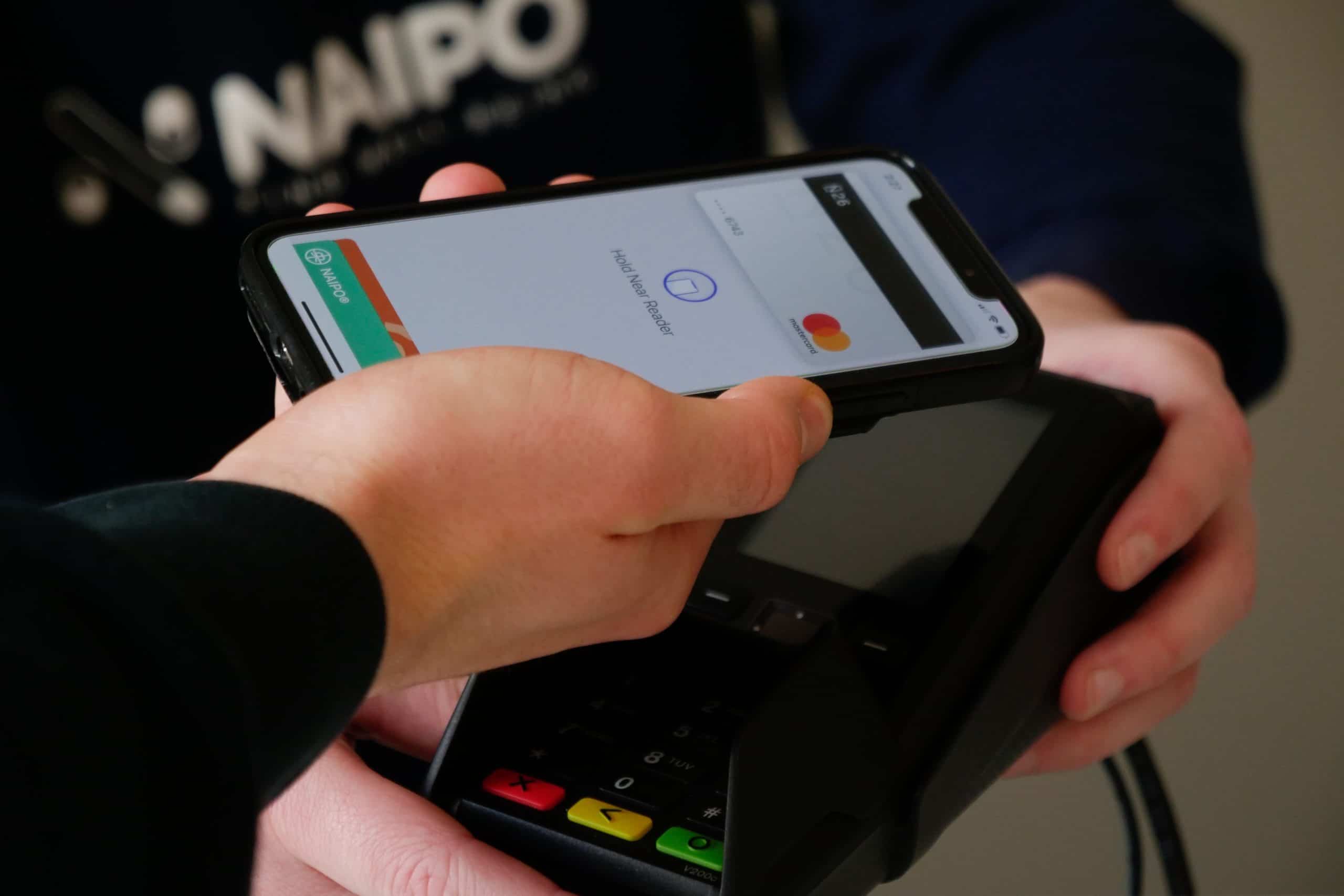A merchant account hold, or funds hold, is when a payment processor holds all processed funds in security instead of depositing that money into your account. There are a few reasons the processor might do this, but it can be a huge hassle for merchants and one they often aren’t aware could occur until it’s already happened. Keep reading for some of the most common reasons this happens and how you can avoid a merchant account holding funds.
5 Common Reasons for a Merchant Account Hold
While the funds in your account still belong to you, a processor might store them separately as a precaution, especially if a transaction or business presents any red flags that it might be fraudulent or result in chargebacks. But what counts as a red flag depends on which processor you use. Here are a few of the most common reasons for a funds hold:
-
- The processor needs more documentation or information from you. Temporary holds can happen if the processor notices that you haven’t provided all the documentation it needs to verify your bank account, your business, or other important details.
-
- A transaction resulted in a chargeback. Chargebacks—when a cardholder’s bank reverses a charge disputed by their customer—are as troublesome for your processor as they are for you. While a single chargeback might not get your account frozen, some processors are more sensitive to these than others.
-
- Your business is scaling quickly. If you averaged $500 in revenue per day your first month of operation but a couple of months later, you’re raking in $10,000 per day, your processor might flag the increased activity as suspicious—even if it’s just a result of smart marketing or sales tactics on your part.
-
- You have a new account receiving large transactions. For businesses that are already up and running but just recently decided to partner with a third-party payment processor, you might start generating large transaction volumes from day one. Some processors see this is a red flag that the business is not legitimate.
-
- You started selling new items or services. When you opened your account, you had to explain what kind of business you had and what the processor could expect you to sell. If you’re expanding your business, especially into a new category, the processor might see this as suspicious. That’s true even if the new category still fits with your overall brand, like a beauty and wellness brand that initially sold only skincare products choosing to add wellness supplements to their shop.
-
- Your business is in a “high-risk” industry. Certain industries, like cannabis, gambling, and dropshipping, are categorized as high-risk by many payment processors. While some still offer services to high risk businesses, others won’t. What can be even more annoying for merchants is that platforms like Square or Stripe will let you create an account relatively easily but then put it on hold later when the fraud prevention team determines that your business type is restricted.
What makes all of this even trickier is that rules are often unpredictable. Square and Stripe, for example, both use an algorithmic method for identifying merchant accounts to place on hold. The exact risk factors, such as what the threshold is for categorizing a transaction as unusually large, are not publicly available. Meanwhile, the review process once the hold is placed can take months.
How to Avoid a Merchant Account Holding Funds
While you can’t completely eliminate the risk of a hold because many processor state in their user agreements that they can freeze your account at any time for any reason, there are some things you can do to make them less likely. These are the three most effective strategies for lowering your risk of a hold:
-
- Take steps to prevent chargebacks. One of the most frequent causes of funds holds is an increase in chargebacks. So taking steps to improve security on your site and in your store to prevent fraud will help minimize that risk. Other things you can do to prevent chargebacks include making it easy for customers to cancel recurring payments and making sure your business name and address match what customers see on their statements.
-
- Notify the processor in advance of any changes that might get mistakenly labeled as suspicious behavior. If you’re about to open a second storefront, contact your processor to let them know your new expected transactional volume. If you’re expecting an unusually large order, call your processor in advance with the details of the transaction so they know to expect it. Likewise, let them know ahead of time if you’re adding new products or services beyond what you mentioned in your original application.
-
- Partner with a processor who knows your industry. One reason Stripe and other third-party processors might mistakenly flag activity as suspicious so often is because they don’t know your industry well enough or they don’t even provide services for your business type. To avoid the headache of merchant account holds, make sure the processor you’re applying to doesn’t restrict your business type and, even better, works with many merchants in your industry.
National Processing Merchant Accounts Make Unpredictable Account Holds a Thing of the Past
The main reason payment aggregators have become notorious for sudden and unpredictable account holds is that they inherently carry a higher risk of fraud. That’s mainly because they work by adding every merchant they service to one big joint account. Then, they make the application process quick and simple so they onboard merchants without knowing too much about them.
This approach makes an aggregator a convenient option for merchants who want to set up payment processing quickly, but it means the aggregator needs to exercise more caution after the fact by immediately placing holds on accounts with any sign of irregular or unusual transaction behavior.
Fortunately, aggregators aren’t your only option. Other third-party processors, like National Processing, offer dedicated merchant accounts that avoid a lot of that risk that aggregators are so vigilant about.
The application process for a dedicated merchant account isn’t as quick as it is with an aggregator, but the benefit is that all the extra due diligence done during that initial application ensures that the processor knows much more about your business. During the review, the processor learns more about what your business does, what your regular transaction volumes are, and just generally gains a clearer understanding of what kind of activity to expect with your account. Moreover, when the team does spot any unusual behavior, the processor notifies you rather than just automatically restricting or terminating your account.
In addition to all the perks of a dedicated merchant account, National Processing builds in fraud-prevention features, chargeback management integrations, and other digital tools that help businesses easily implement security strategies that minimize risk. The payment processing provider also offers services for high-risk businesses, so merchants don’t need to worry about holds related to being categorized as a restricted business type.
Learn more about the benefits of a National Processing merchant account here.





